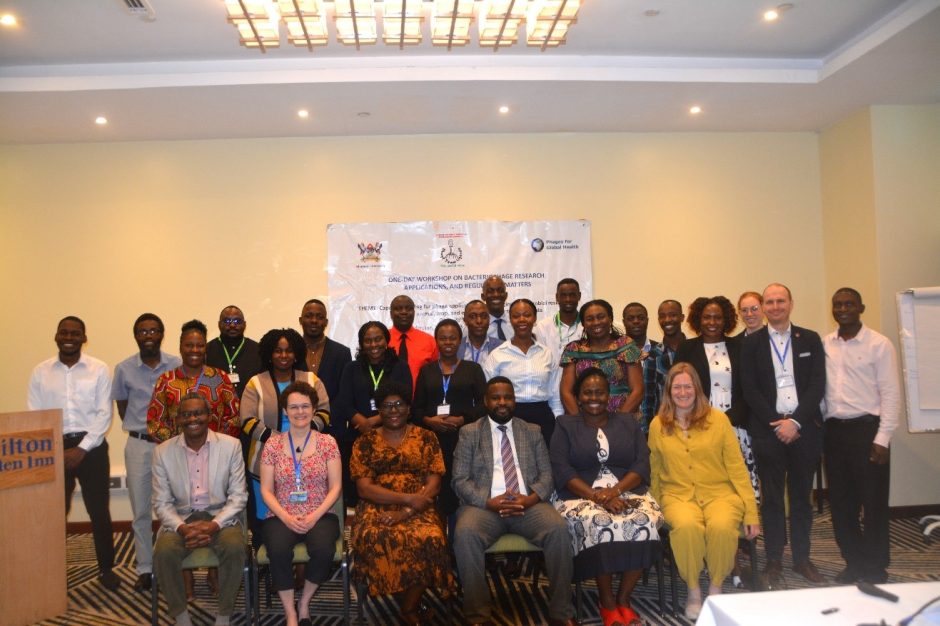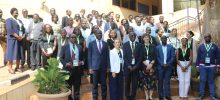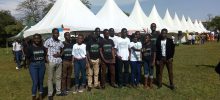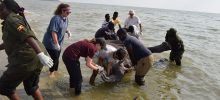Uganda Advances Bacteriophage Research in Fight against Antimicrobial Resistance
Story by Musinguzi Harriet
Makerere University convened a symposium to explore bacteriophage applications in combating antimicrobial resistance (AMR) and addressing health, agricultural, and environmental challenges. Organized by The Alliance for Phage Research and Development Uganda Ltd (PhageTeam Uganda), the event brought together researchers from Makerere University, Kyambogo University, Kampala International University, and Ian Clarke International University, and other players, highlighting a collaborative approach to tackling global and local issues.
Day two of the symposium saw researchers and policy makers together with partners from the UK and USA hold a discourse on the best way forward in the promotion of bacteriophage research and production in the country to support efforts against anti-microbial resistance.
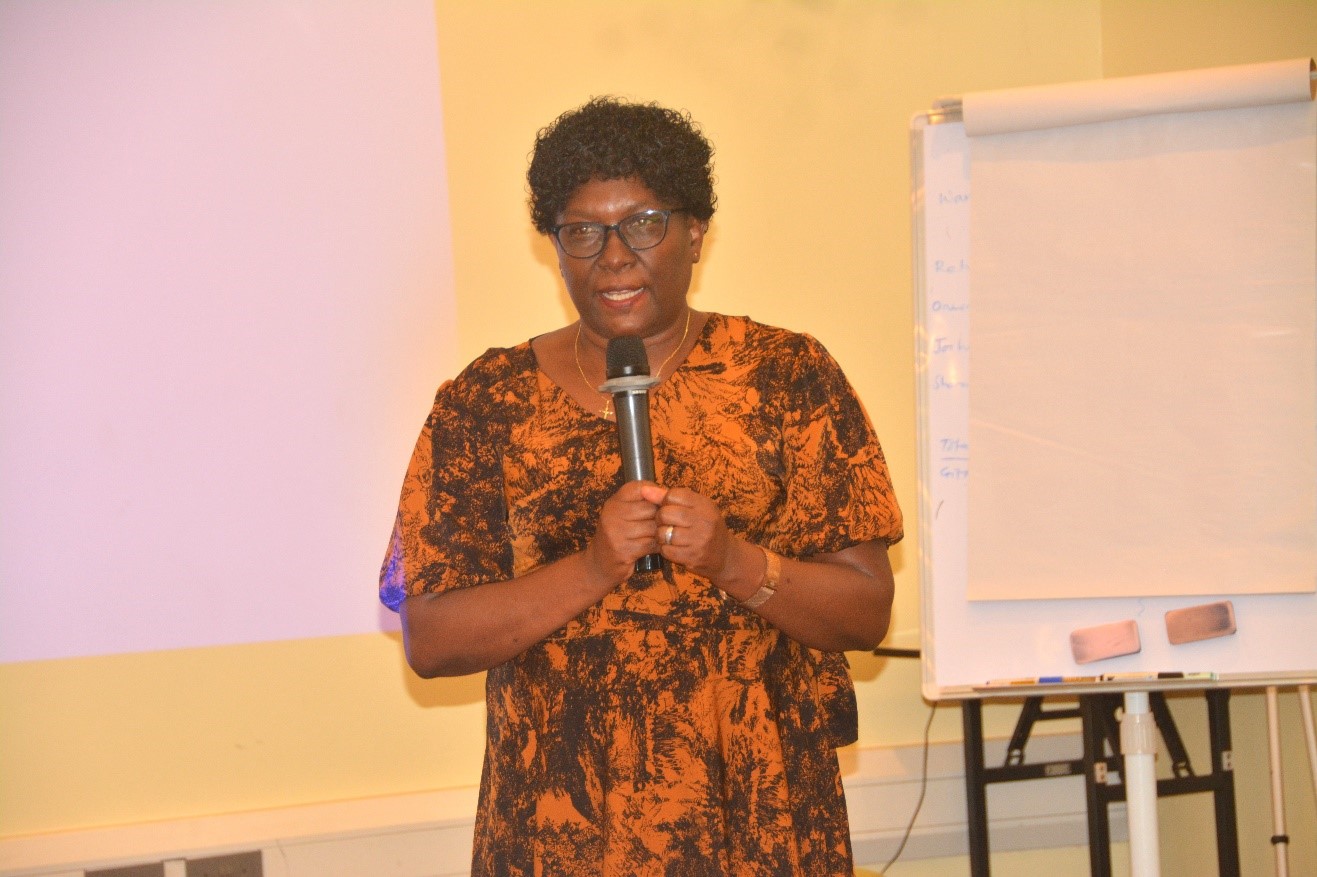
Dr. Jesca Nakavuma, the lead phage researcher from the College of Veterinary Medicine, Animal Resources and Biosecurity (CoVAB), gave the background to the workshop
Speaking at the event held at Hilton Garden Inn, Dr. Jesca Nakavuma, the lead phage researcher from the College of Veterinary Medicine, Animal Resources and Biosecurity (CoVAB), Makerere University, stressed the urgent need for alternative antimicrobial agents due to the rise in drug resistance and limited discovery of new antibiotics. Bacteriophages, natural viruses that target bacteria, she said, were identified as a promising solution to revolutionize disease control, treatment, and food security. She said research in this area was key because humankind was at risk of the impending calamity of life-threatening treatment failure.
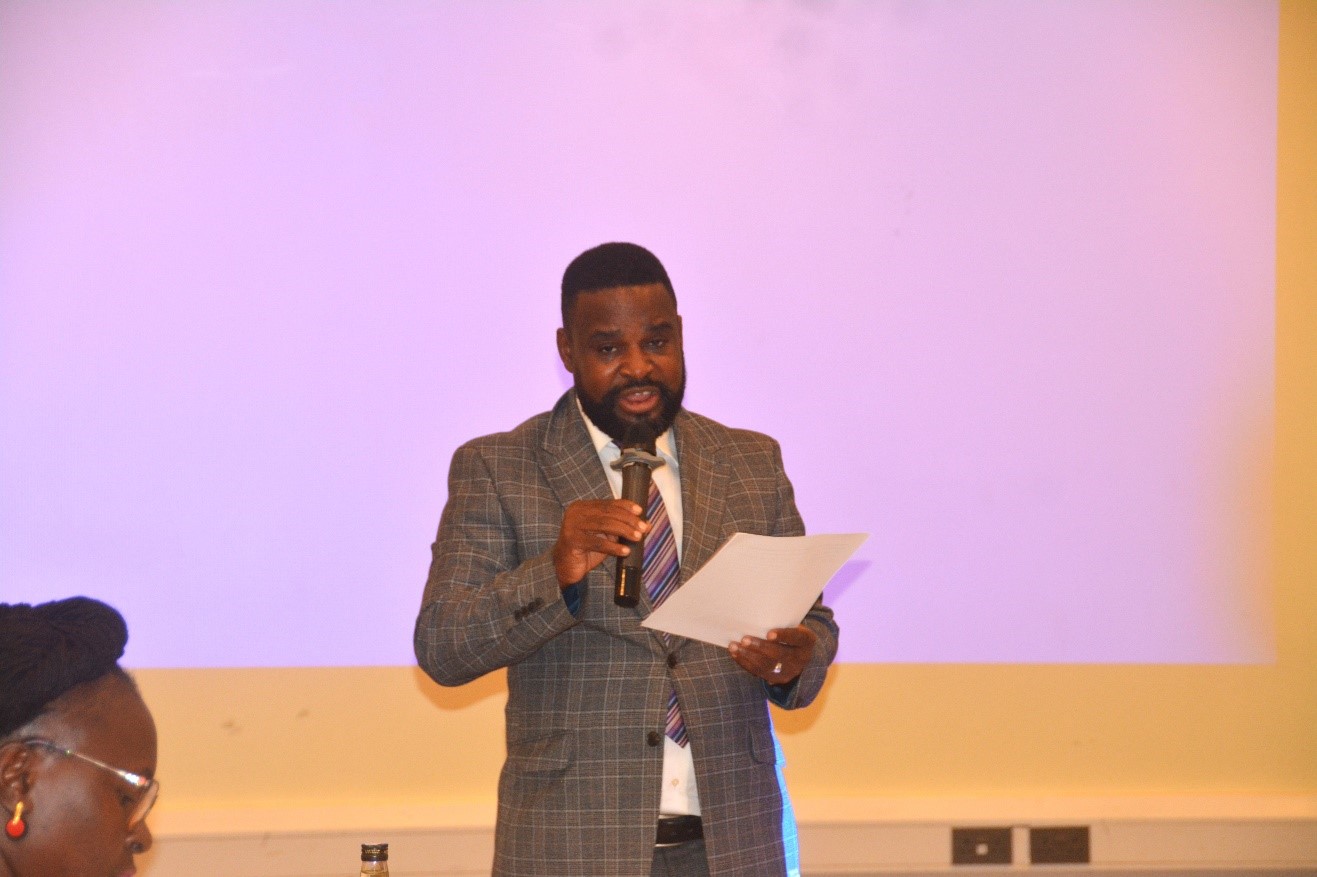
Prof. Robert Wamala, represented the VC, Prof. Barnabas Nawangwe
Prof. Robert Wamala, Makerere University’s Director for Research, Innovations, and Partnerships, who spoke on behalf of the Vice Chancellor, Prof. Barnabas Nawangwe, underscored the importance of building local capacity in phage research. He noted that such efforts could enhance Uganda’s resilience against AMR and yield homegrown solutions for human, animal, and crop health.
As the world grapples with the growing threat of antimicrobial resistance (AMR), bacteriophage research offers a promising alternative. Phages, which are natural enemies of bacteria, have the potential to revolutionize the approach to treatment, disease control, and food security, he noted. He said building local expertise in phage application can enhance Uganda’s resilience against AMR and produce sustainable homegrown solutions to health and environmental challenges.
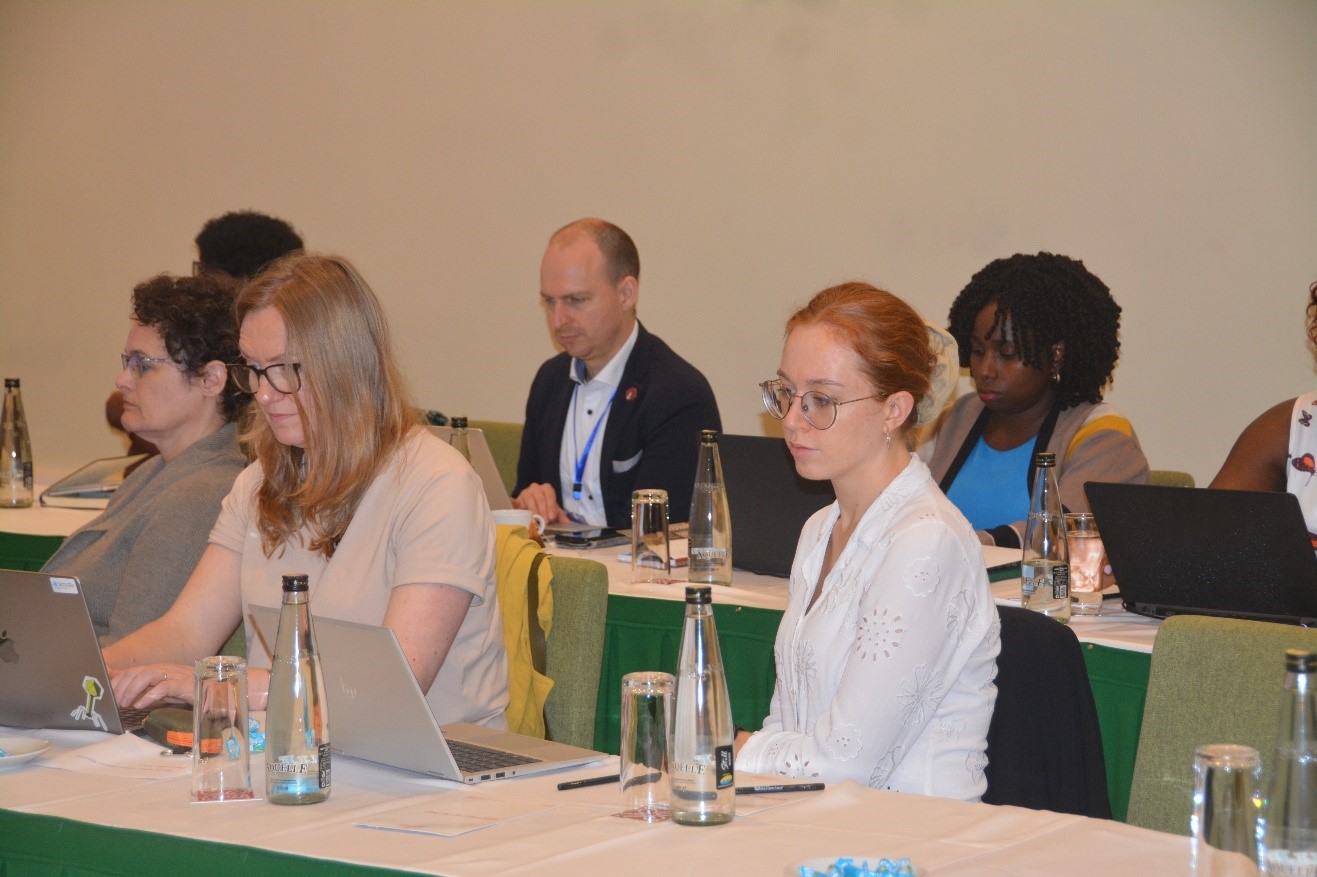
A section of the stakeholders who participated in the discourse listened attentively
Prof. Robert Wamala said Makerere University was committed to supporting cutting-edge research and innovation that addresses national and global challenges in line with the university’s role in knowledge generation, technology advancement, and policy influence. The importance of regulatory institutions, he said, cannot be overemphasized in this endeavor, since they enforce compliance, uphold ethical standards, and foster an enabling environment for impactful research and innovation. He said the engagement presented an opportunity to strengthen collaboration between researchers, institutions, and regulatory bodies to ensure that the outcomes are scientifically sound and are aligned to the national development priorities and global best practices.
Dr. Claire M. Mugasa, the Dean of the School of Biosecurity, Biotechnical and Laboratory Sciences (SBLS), CoVAB reiterated the fact that antimicrobial resistance was on the rise in Uganda and Africa, more than elsewhere in the world. She said it was time now that efforts be intensified in looking for sustainable options to curb the dangerous trends. She said this cuts across the human and the animals. She said it was an opportune time for players to come together to find ways of getting the required alternative. She said by coming together, the different ideas developed individually would in a concerted effort, pulling resources together for a way forward.
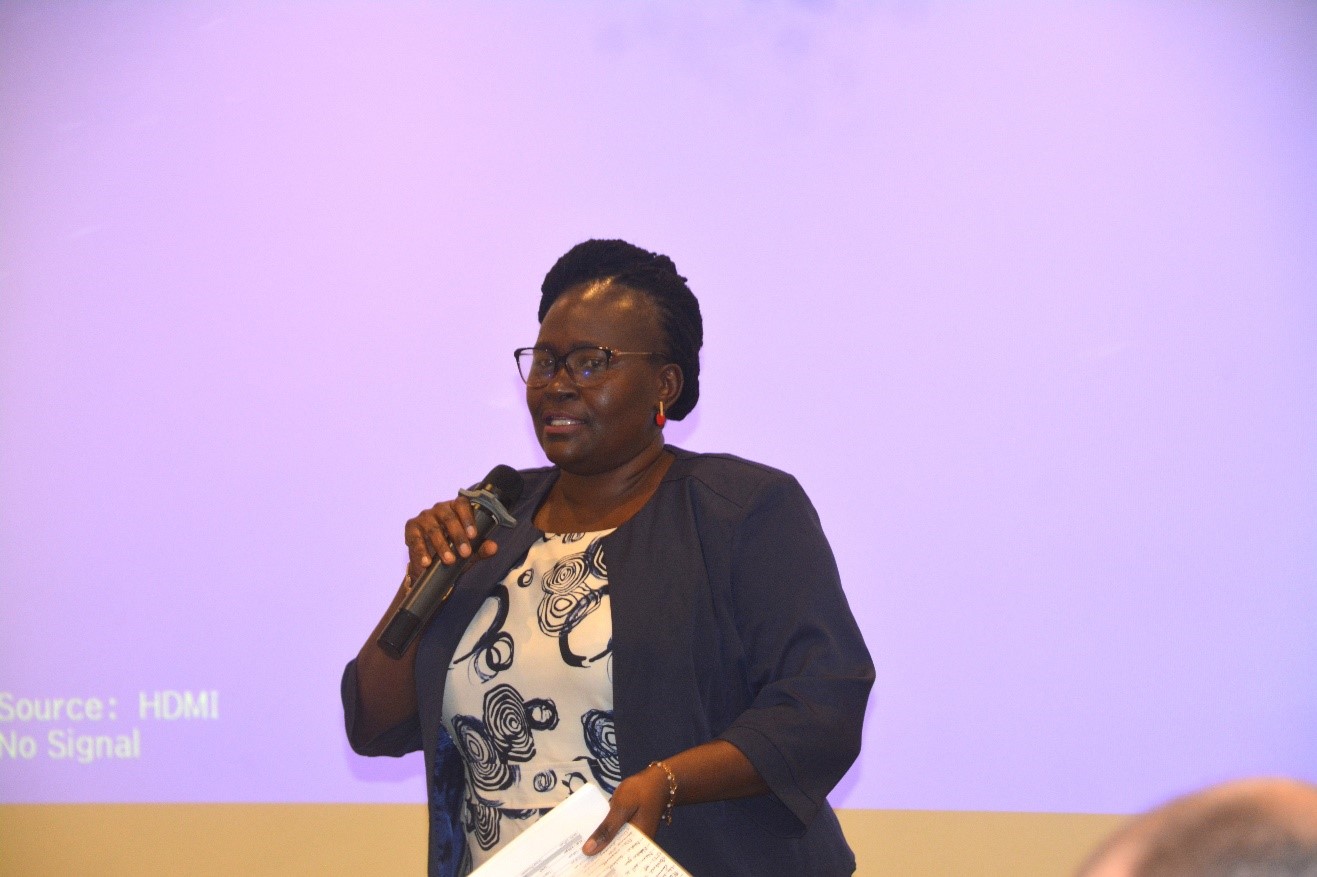
Dr. Claire M. Mugasa, the Dean of the School of Biosecurity, Biotechnical and Laboratory Sciences (SBLS) addressed the meeting
During the discourse, several subjects were addressed, including an introduction to antimicrobial resistance, phage biology, phage application, and lessons learnt from the establishment of a phage research centre in the UK, which was presented by Prof. Martha Clokie from the University of Leicester. This initiative reflects a commitment to fostering innovation, collaboration, and regulatory compliance, positioning Uganda as a leader in sustainable solutions for global challenges.
The symposium was sponsored by Global AMR Innovation Fund (GAMRIF), through a grant to the UK Medicines and Healthcare products Regulatory Agency (MHRA) in partnership with Phages for Global Health.


